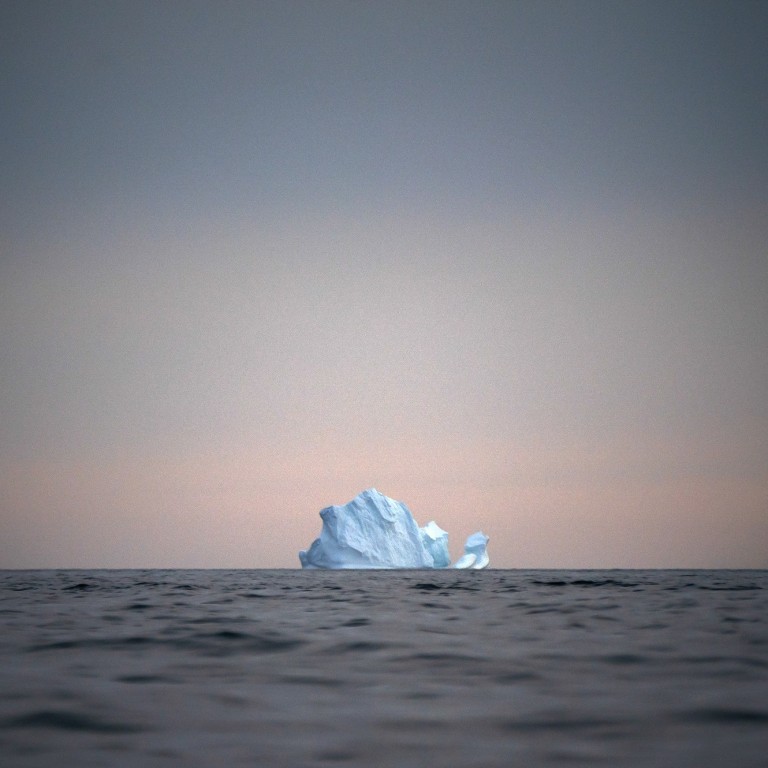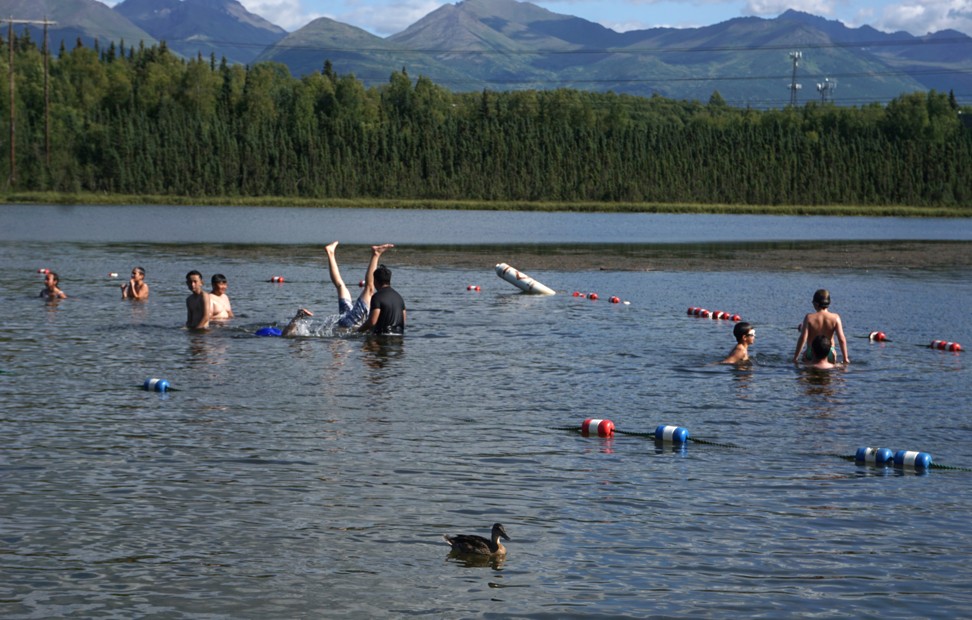
Donald Trump’s laughable bid for Greenland reveals a great power tussle over the Arctic that’s deadly serious
- As climate change makes the Arctic Ocean navigable and opens up access to fisheries and buried minerals, the fight over its riches will only intensify. Outrageous and comical as it may seem, Trump’s proposal to buy Greenland is unlikely to go away
As gloom seems to bear down on us from all sides, the imperative this week has been to search for something comical that might lighten the mood. But the search has reminded me of something that every brilliant writer knows in his or her bones: that comedy and tragedy are awkwardly close companions.
Ludicrous as the deal may seem to most common folk today, I suspect it will not go away very quickly. And for someone of Trump’s ilk, we should remember that the suggestion need not be ludicrous at all.
Remember that Trump harks from New York, where Manhattan was first acquired from native Indian tribes by the Dutch West India Company in 1626 for the princely sum of 60 guilders, and where another 60 guilders were spent in 1630 buying Staten Island.
Remember, too, that less than 50 years later, the Dutch famously agreed to what must count as one of the most appalling deals ever: they gave Manhattan to the British in exchange for the island of Run, one of the Banda islands in Indonesia, which at that time had a monopoly on the global nutmeg trade. Clearly, that was a deal Trump would have been proud of.
Whatever he says, Trump doesn’t care about Hong Kong either way
We also tend to forget how recent those buccaneering centuries were during which colonial powers horse-traded tracts of a much less densely populated Earth like they were dealing chips at a roulette table. Russia’s Alexander II, licking his wounds in 1856 after the Crimean War, began exploring the sale of Alaska, which he believed would not be easy to defend against a triumphant Britain.
He sold the 1.5 million sq km Alaska to the US for US$7.2 million in 1867. Negotiated by secretary of state William Seward, and signed by president Andrew Johnson – so often compared with Trump for his bellicosity and his aversion to facts (and perhaps the fact that he was one of just two US presidents to be impeached) – the purchase was for many years ridiculed as “Seward’s Folly” or “Seward’s Icebox”. Only with the discovery of gold 20 years later was the acquisition in any way vindicated.

Note that Greenland, the world’s largest island if ever it can get out from under millennia of glacial ice, is roughly 2.2 million sq km – not that much larger than Alaska. And note that Greenland’s current population is 56,000. Alaska’s population in the wake of the Gold Rush was 58,000.
Trump may not believe in global warming, but he has not been slow to see it unveil an irresistible opportunity
The Greenland deal must, from Trump’s point of view, seem all the more natural because of Denmark’s awkward colonial role. True, Greenland has been Scandinavia’s icy backyard ever since the Viking Erik the Red led forces there about 1,100 years ago, and for many centuries has been a shared possession of Norway and Denmark.
But only in 1814, when the union binding Norway and Denmark was broken, did Denmark assume full colonial control – and it was a light control at that. The Arctic ice cap was so fearsome in its grip that, big as it was, Greenland was mostly out of sight and out of mind – and certainly not seen as a budgetary liability of any consequence.
But as ice melts, and the world’s superpowers begin salivating over buried mineral wealth and fecund fisheries, suddenly Greenland is becoming an asset needing to be managed, protected and requiring hefty investment – funds that a modestly small economy like Denmark and its 5.7 million population are not well placed to provide.
Meanwhile, much less thought is being given to the challenge of protecting the Arctic’s communities, its wildlife, and the free air-conditioning services it has provided to the world for as long as humans have been around.
These are airports that Denmark itself does not have the funds to underwrite, but what right does it have to hold back the development of its unexpected progeny? And, as Chinese and other mining companies look to exploit rare earths and other environmentally questionable ventures, what right does the government in Copenhagen have to block the Greenlandic government 3,500km away?
The end of the Arctic as we know it
As the military and strategic stresses awaken around the activity of the Arctic Council as the Arctic Ocean becomes navigable, what power does Copenhagen – or the 56,000 trusty citizens of Greenland – have to influence outcomes?
Outrageous and comical as it may seem, I have a gloomy feeling that Trump’s proposal to buy Greenland may not quickly go away – and may show us how close comedy and tragedy are as bedfellows.
Even if Trump’s deal dies, the discussion will morph into how Denmark and Greenland governments are going to be able to parry the great power contestants now hovering overhead. Trump may not believe in global warming, but he has not been slow to see it unveil an irresistible opportunity – and for sure, others will soon follow.
David Dodwell researches and writes about global, regional and Hong Kong challenges from a Hong Kong point of view

